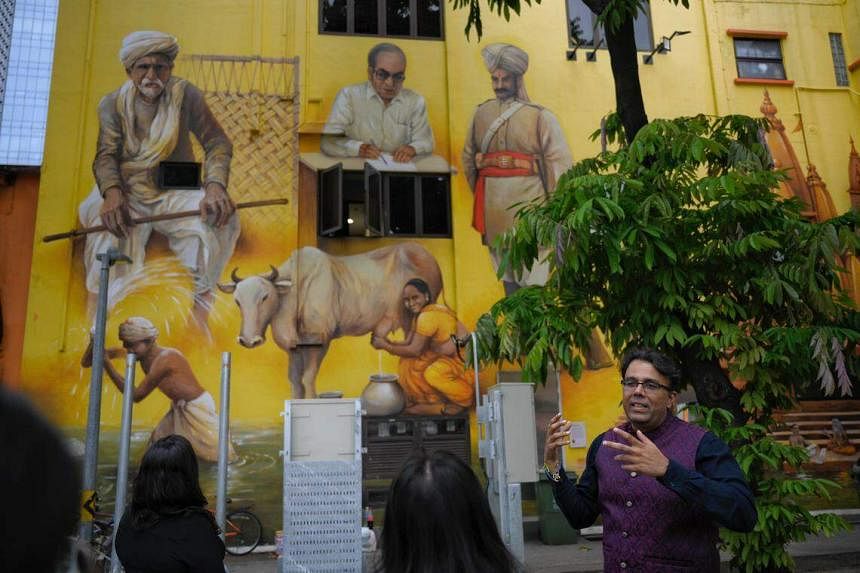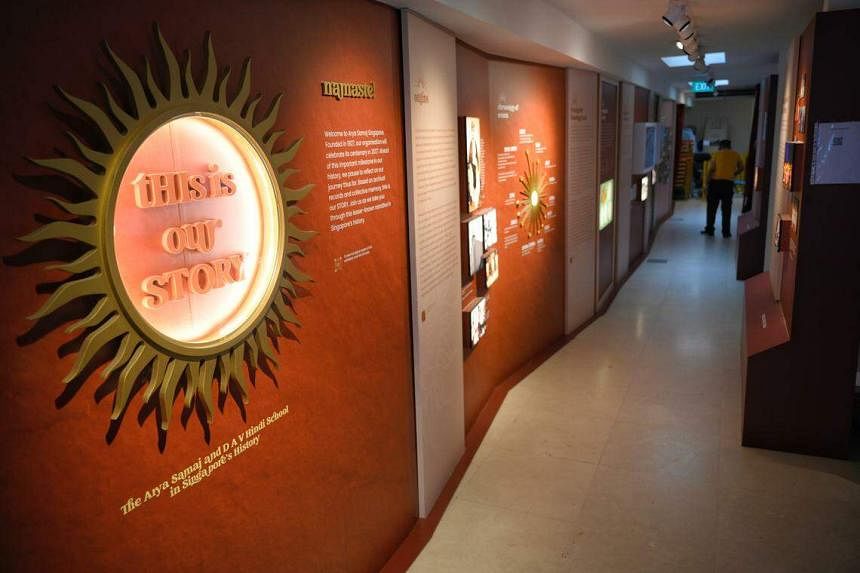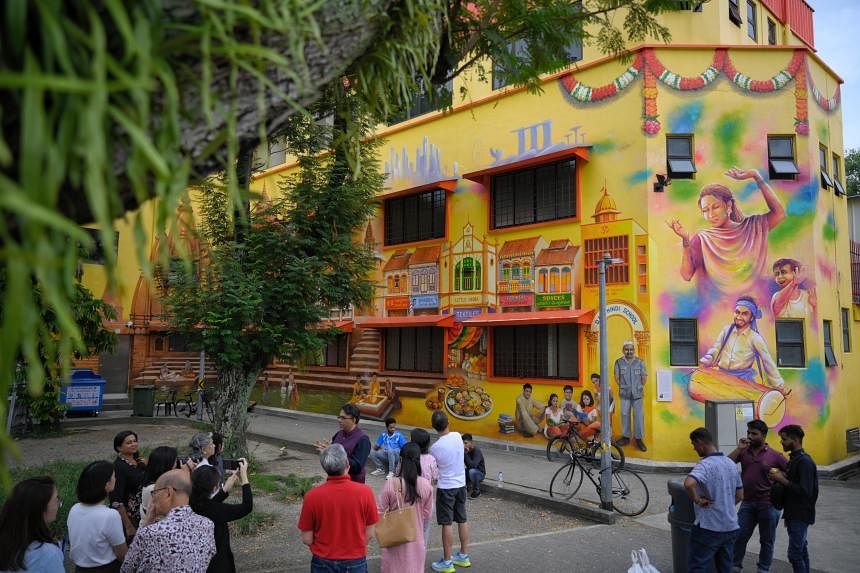SINGAPORE – Death, a taboo topic for most people, is the subject of an upcoming book that explores the evolution of cultural and religious practices in Singapore.
Titled Death And The Afterlife: Multidisciplinary Perspectives From A Global City, the upcoming book documents and examines how death rituals have evolved with urbanisation.
It is one of the over 550 projects supported by the National Heritage Board’s (NHB) Heritage Grants Scheme since its launch in 2013. The scheme has awarded over $15 million so far to community-led projects including publications, exhibitions and podcasts that promote local heritage.
The scheme comprises minor and major project grants. The minor project grant supports community heritage projects for up to 50 per cent of total project costs, or a maximum of $50,000.
The major project grant supports larger-scale projects with the potential to make a lasting contribution to Singapore’s heritage landscape. It funds up to 50 per cent of total project costs, or a maximum of $150,000.
Death And The Afterlife was awarded the minor project grant in April 2022.
It showcases research and discussions by scholars and practitioners from multiple disciplines including sociology, history, community arts, literary studies, and photography.
“I was particularly intrigued by how death is at once present yet seldom mentioned in our part of the world, and this is especially so when we consider how reluctant the Chinese community is to engage with the topic of death,” said Dr Lye Kit Ying, senior lecturer at Core Learning, College of Interdisciplinary and Experiential Learning at the Singapore University of Social Sciences.
“This reluctance inevitably leads to a loss of knowledge about the community’s religious and cultural practices in handling the dead,” said the 38-year-old, who specialises in death in South-east Asian literature and culture.
She edited the book with Dr Terence Heng, a senior lecturer in sociology at the University of Liverpool.
The 182-page book, to be launched in June, brings together the research and discussions of 10 researchers and practitioners, including Dr Lye and Dr Heng.

“There are many interesting findings, but I think one that came to many of us working on the topic is how the Chinese live their lives in preparation for death and the afterlife, even as they see death as taboo,” she noted.
For example, some Chinese conduct rituals for the deceased to ease their transition into the afterlife, while earning merit for themselves so that they will be able to enjoy a better afterlife when they die.
Another project supported by the NHB scheme is a heritage gallery and outdoor wall mural documenting the history of the Arya Samaj Singapore and the Dayanand Anglo-Vedic School (DAV Hindi School).
The mural, painted by Singapore artist Yip Yew Chong, is one of the largest in Little India, measuring 36m by 8m and spanning two buildings along Syed Alwi Road. It was awarded the major project grant in April 2022.
Arya Samaj is a Hindu reform movement founded by the ascetic Dayanand Saraswati in India in the 1870s. The movement has existed in Singapore since 1927, and it runs the DAV Hindi School.
Dr Rajesh Rai, former president of Arya Samaj Singapore, said: “The Arya Samaj will soon celebrate its centenary in Singapore. Members were keen to create a monument that would capture the history of our association, aspects of our cultural and welfare activities, and the role the association has played in ensuring the survival and growth of Hindi in Singapore.”

The 51-year-old, who is also associate professor and head of South Asian Studies at the National University of Singapore, said the project took 18 months to complete.
“When we met Yew Chong, we were so impressed by his deep appreciation of Singapore’s multicultural diversity,“ said Dr Rai. “We were blown away by his concept for the mural, which seamlessly brought together facets of the community’s life in India and Singapore.”
One challenge was the limited pictorial content in their archives, he said. They dug into the national archives for old photos and turned to artificial intelligence to reconstitute low-resolution archive images.

Since the start of the scheme, NHB has received an average of 77 applications and supported an average of 36 projects during each non-milestone year.
Mr Alvin Tan, NHB’s deputy chief executive (policy and community), told The Straits Times that the board noticed a spike in the number of grant applications during milestone years, resulting in more projects getting funded. During SG50 in 2015, for example, 147 projects were approved and during the Singapore Bicentennial in 2019, 160 projects were awarded funding.
There is also a growing diversity in the types of project applications.
“In the past, the majority of projects supported would comprise publications, galleries and exhibitions. Over the past few years, we have received and supported more diverse project types such as documentaries, festivals, programmes, workshops and trails,” he said.
NHB has been promoting the scheme, such as organising showcases for completed projects and heritage grant clinics that provide tips, resources and best practices to help those who are keen to apply.
Interested and eligible applicants can apply on the OurSG Grants portal at https://oursggrants.gov.sg/ from March 4 to April 15, and from Aug 4 to Sept 15.


